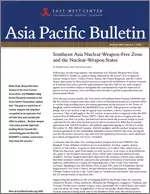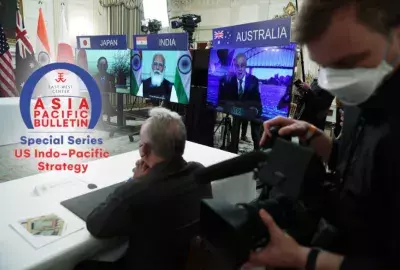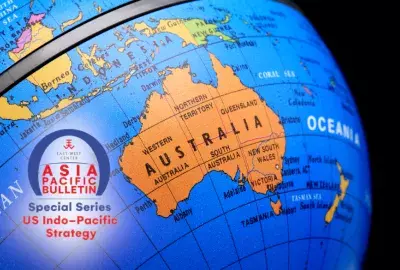Error message

Following a decade-long impasse, the Southeast Asia Nuclear-Weapon-Free Zone is finally on a path to being endorsed by the world's five recognized nuclear-weapon states—China, France, Russia, the United Kingdom, and the United States. Peter Crail, Nonproliferation Analyst at the Arms Control Association, and Xiaodon Liang, former Research Assistant at the Arms Control Association, explain that agreement by these nuclear powers to respect the prohibition of nuclear weapons in Southeast Asia and to provide legal assurances that they will not use such weapons against zone members helps to strengthen the commitment by regional states not to pursue nuclear weapons, and contributes more broadly to global nonproliferation and disarmament efforts.
|
Following a decade-long impasse, the Southeast Asia Nuclear-Weapon-Free Zone is finally on a path to being endorsed by the world's five recognized nuclear-weapon states—China, France, Russia, the United Kingdom, and the United States. Peter Crail, Nonproliferation Analyst at the Arms Control Association, and Xiaodon Liang, former Research Assistant at the Arms Control Association, explain that agreement by these nuclear powers to respect the prohibition of nuclear weapons in Southeast Asia and to provide legal assurances that they will not use such weapons against zone members helps to strengthen the commitment by regional states not to pursue nuclear weapons, and contributes more broadly to global nonproliferation and disarmament efforts.
|







